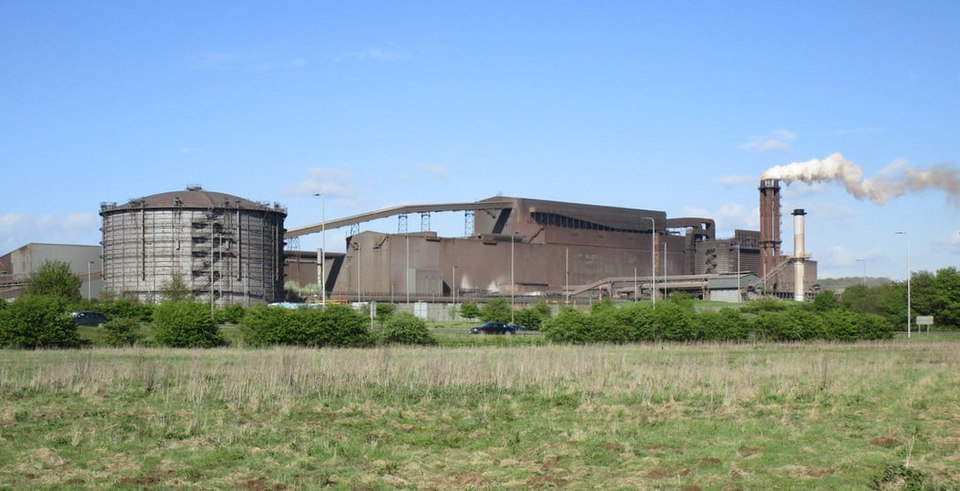
The UK government has taken control of Chinese-owned British Steel after rushing emergency legislation through Parliament in just one day.
Business Secretary Jonathan Reynolds told MPs that nationalising the Scunthorpe steel plant—home to 2,700 jobs—is likely the next step. He said urgent action was necessary to stop current owner Jingye from shutting down the plant’s two blast furnaces, which would effectively end primary steelmaking in the UK.
Parliament was recalled from Easter recess for a rare Saturday session. The bill passed swiftly through both Houses and received Royal Assent.
Government officials now on site
UK officials have arrived at the Scunthorpe site, ready to oversee operations. Speaking to steelworkers nearby, Prime Minister Sir Keir Starmer praised them: “You are the people who have kept this going.”
Hundreds of workers and families marched to Scunthorpe United’s stadium chanting, “we want our steel back.” One worker, Rob Barroclough, told the BBC, “Our family, like many others, is built around the steelworks. We’re hoping for the best but planning for the worst.”
Tensions and security concerns
Police were called to the site earlier amid reports of tensions between Jingye executives and workers. Jingye staff were denied access due to an issue with the site’s number plate recognition system. Police reported no arrests.
Cross-party support, but criticism of delays
The emergency legislation faced no opposition, though Conservatives criticised the government’s slow response, calling it a “total pig’s breakfast.”
The new law gives Reynolds broad powers to ensure steel production continues—including the right to forcibly enter the site. For now, Jingye remains the official owner.
The government hopes to attract private investment to save the struggling plant but admits there are currently no buyers. Reynolds acknowledged public ownership is “the likely option,” but stressed the plant’s market value is essentially zero.
Though costly to keep afloat, Reynolds argued the move is in the national interest: “Steel is fundamental to Britain’s industrial strength, security, and identity as a global power.”
Jingye rejected government support
Reynolds said Jingye had rejected a “substantial” government offer to buy raw materials to keep furnaces running. He accused the company of preparing to cancel existing orders and deliberately shutting down operations.
Calls for Full Nationalisation
Reform UK’s Richard Tice urged full nationalisation “this weekend,” a stance echoed by several Conservative MPs. Green MP Ellie Chowns stressed steel’s importance for the green transition. Former Labour leader Jeremy Corbyn called for all UK steel to be nationalised.
Criticism also came from Welsh and Scottish MPs. Plaid Cymru’s Liz Saville Roberts said the government failed to act similarly when Tata Steel in Port Talbot was under threat. The SNP’s Stephen Flynn questioned why the law doesn’t apply to Scotland, especially with the Grangemouth oil refinery also at risk.
Reynolds replied that Scunthorpe’s situation was “unique,” and posed a fundamental question: “Do we want to continue to make our own steel—or rely on overseas imports?”. Photo by Jonathan Thacker / British Steel : BOS plant / CC BY-SA 2.0, Wikimedia commons.




































